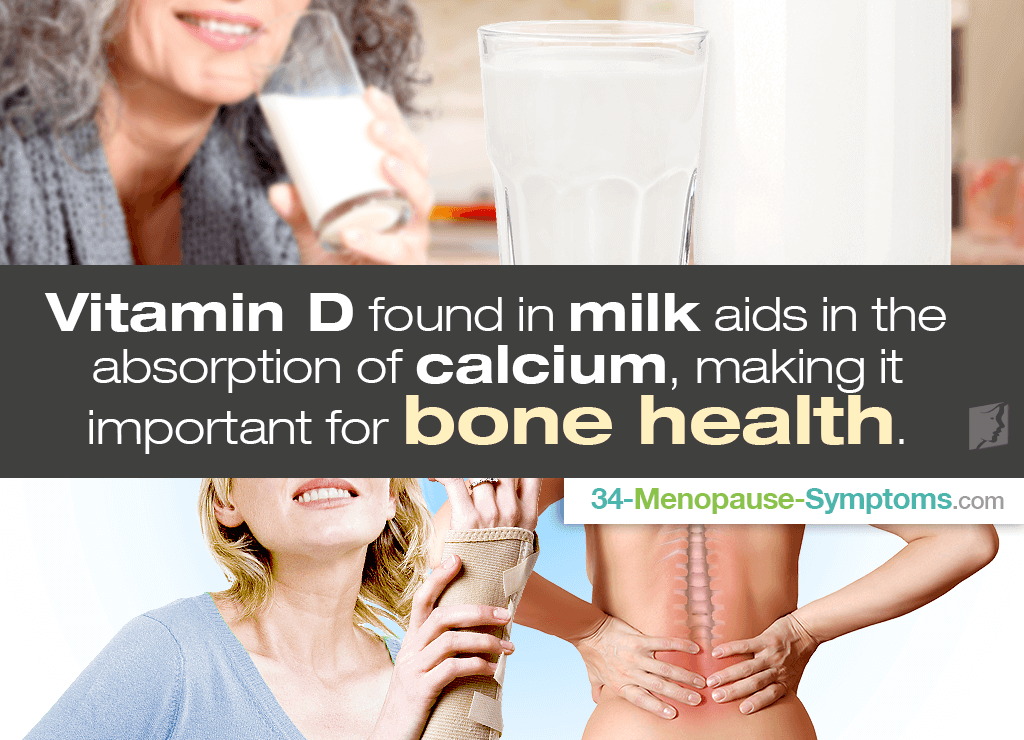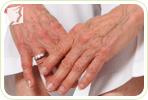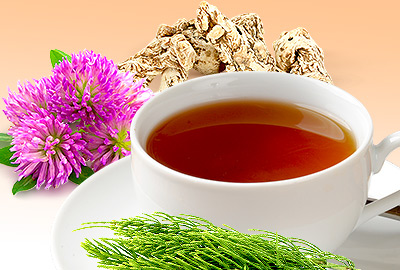Although milk is famous for its bone-strengthening calcium content, it also has other nutrients that your body needs to prevent osteoporosis. Continue reading about how adding milk to a healthy lifestyle does prevent osteoporosis and further steps you can take to keep moving how you want into your older years.
Nutrients Found in Milk for Bone Health
Calcium
Your teeth and bones contain 99% of the calcium in your body, and the other 1% is in your body fluids, like blood and cellular fluid. Your body can get this 1% of calcium two different ways:
- From food, drink, and supplements consumed
- By taking it from your bones
If a person does not get enough calcium from their diet, their body will steal it from deposits in their bones. If not eventually compensated for, the bones will become weaker and suffer from low mineral density, eventually leading to osteoporosis.
Although calcium is a fundamental nutrient of milk, numerous scientific studies have debated whether milk is the best source of calcium, especially with the advent of nutrient fortification.
Other high-calcium foods include dark leafy greens, like kale, spinach, and collard greens; fatty fish, such as sardines and salmon; tofu; and other dairy products, like yogurt or chees. Some products, such as soymilk and orange juice, are also fortified with calcium.
Vitamin D
Vitamin D aids in the absorption of calcium, making it just as important for bone health as calcium. Studies show that calcium intake is not nearly as effective if not taken alongside Vitamin D.
Although few foods naturally contain vitamin D, the vitamin is found in milk as well as other dairy products, like cheese, or beef liver and vitamin-D fortified options, such as juices and cereals.
Also, it is synthesized with exposure to sunlight. So, if you do not get much sun, it may be a good idea to take a vitamin D supplement or look for vitamin D-rich or -fortified foods.
Vitamin K
Low levels of vitamin K in the body have been linked to low bone density. Accordingly, women who have diets rich in vitamin K are at a lower risk for breaking a hip due to osteoporosis than other women.
Vitamin K is found in milk as well as dark, leafy greens such as spinach, collards, mustard greens, dandelion greens, beet greens, mustard greens, and kale.
Further Information to Fight Osteoporosis
While calcium, vitamin D, and vitamin K are vital to preventing osteoporosis, these are not the only things that can help prevent bone density loss. Doing regular weight-bearing exercise, being in a healthy weight range, getting enough protein and vitamin A, and limiting soda and caffeine intake can also improve bone health and density. Click on the following link to read more information about natural and effective osteoporosis treatments throughout the menopausal transition.
Sources
- Cleveland Clinic. (2015). Menopause & Osteoporosis. Retrieved February 14, 2019, from https://my.clevelandclinic.org/health/articles/10091-menopause--osteoporosis
- Harvard Chan. (n.d.). Calcium: What's Best for Your Bones and Health? Retrieved February 14, 2019, from https://www.hsph.harvard.edu/nutritionsource/what-should-you-eat/calcium-and-milk/calcium-full-story/#bone-loss
- MedlinePlus. (2019). Calcium and bones. Retrieved February 14, 2019, from https://medlineplus.gov/ency/article/002062.htm
- Procon.org. (2009). Does Drinking Milk Help to Prevent Osteoporosis? Retrieved February 14, 2019, from https://milk.procon.org/view.answers.php?questionID=000831
- Ross, A.C. et al. (Eds.). (2011). Dietary Reference Intakes for Calcium and Vitamin D. National Academies Press, 2. Retrieved February 14, 2019, from https://www.ncbi.nlm.nih.gov/books/NBK56060/
- Tufts University. (2017). Dairy products a good dietary source of some types of vitamin K. Retrieved February 14, 2019, from https://now.tufts.edu/news-releases/dairy-products-good-dietary-source-some-types-vitamin-k



